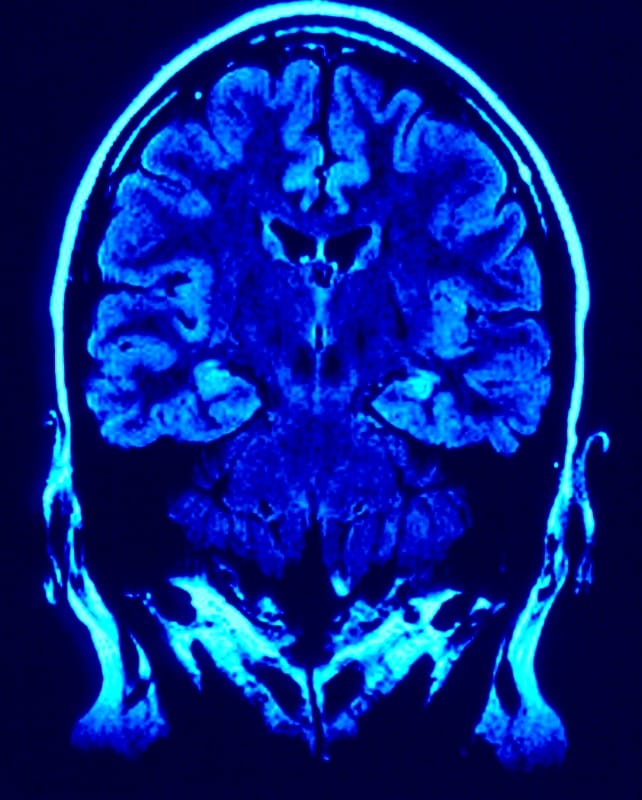Science and religion have been mostly viewed as separate since the Enlightenment, but an increasing number of scientific researchers are referencing and drawing on Buddhism in their studies, especially in the field of neuroscience. An article on Quartz this week notes on that scientific researchers are coming to accept theories on the ever-changing self as taught by the Buddha 2600 years ago, and coming to appreciate the mind-altering effects of meditation.
The formal dialogue between neuroscience and Buddhism dates to the 1980s, catalyzed by His Holiness the Dalai Lama and the Mind and Life Institute, co-founded by the late neuroscientist and Buddhist, Francisco Varela.

